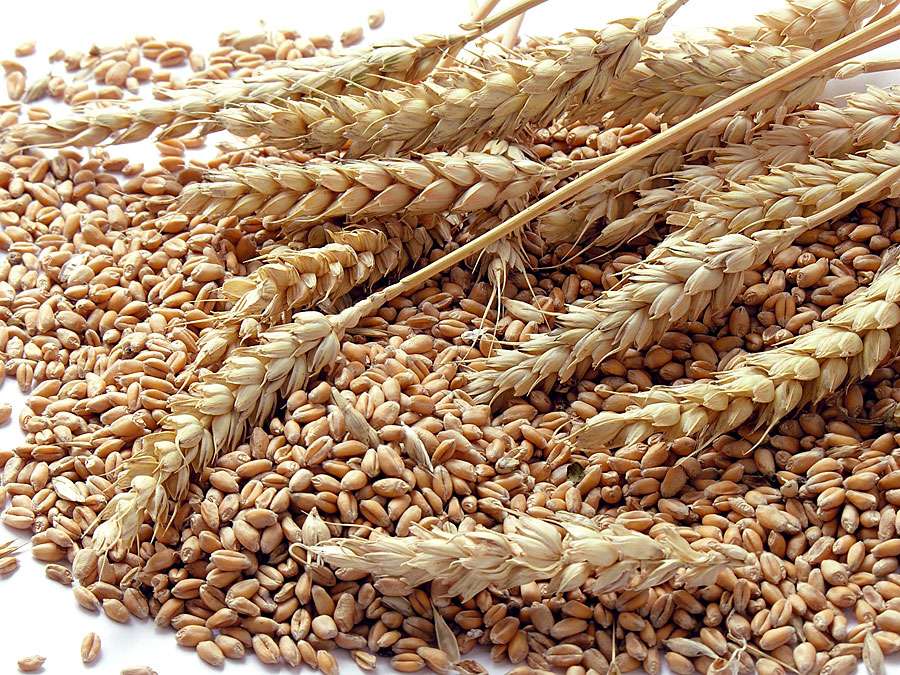SA set to remain a net importer of wheat

Despite improvements in production, the country will not be able to meet demand and imports could keep driving up food inflation
The recovery of SA’s 2018/19 domestic wheat production will lead to a decline in imports this season, the Agricultural Business Chamber (Agbiz) says.
However, the improvement in production will not be able to meet demand and thus SA is set to remain a net importer of wheat for the foreseeable future, the chamber said. This could keep driving food inflation up.
According to the Reserve Bank, changes in domestic food prices have often been one of the principle drivers of inflation.
Wheat is the second-most important grain crop produced in SA after maize. But local production averages 2.3-million tons, far below the levels of consumption. To meet demand, SA imports on average more than 1-million tons of wheat annually.
According to Agbiz, which represents commercial farmers and agribusiness enterprises nationally, SA’s 2018/19 wheat imports could fall by 36% from the previous season to about 1.4-million tons. So far, the country has imported about 36% of the seasonal forecast. The leading suppliers include Russia, Germany, Latvia, Argentina, and Canada.
Wandile Sihlobo, head economist at Agbiz, said in a market update on Monday positive weather prospects bode well for SA’s winter crop production season. The Western Cape is the leading producer of SA’s winter crops, which include wheat, barley and canola. Plantings in the province typically start in late April, while in other regions they commence around t mid-year.
“The 2019/20 production season is no different from the previous years; farmers have made good progress in planting all winter crops in the Western Cape,” said Sihlobo.
About 60% of the intended canola ha in the province have thus far been planted, and roughly 40% of the intended ha for wheat and barley plantings are completed.
Sihlobo said while this is an encouraging development, and somewhat in line with development in normal seasons, the progress has not been widespread.
“Nearly all winter crop producing regions of the Western Cape planted with minimal interruptions over the past few weeks with the exception of the Southern Cape. This particular region is currently experiencing low soil moisture, following erratic rainfall over the past few months. As a result, planting activity has slowed in the Southern Cape, and some farms are said to have paused plantings until moisture levels improve.
“Fortunately, it might not take long before soil moisture improves, not only in the Southern Cape but across the Western Cape,” said Sihlobo.
In February, the department of agriculture, forestry & fisheries said it is concerned about the low levels of local wheat production.
The department “supports wheat producers with technical advice, which includes [that about] cultivar choice, production site selection, soil preparation, cultivation practices, pest and disease control measures, harvesting, as well as post-harvest practices”, agriculture minister Senzeni Zokwana said then.
Zokwana said the Agricultural Research Council is conducting breeding programmes for wheat aimed at developing appropriate and high-yielding cultivars. Focus is also on developing cultivars that are drought tolerant as well as those that are pest and disease resistant.
Read also
EU has started the process of imposing duties on Russian agricultural products
Grain prices in the world may rise as Ukraine exports all grain reserves by the en...
US and Australian experts have given conflicting forecasts for the rapeseed crop
The new EU agricultural policy should take into account Ukraine’s position
Grain exports from Ukraine exceeded 39 mln tons
Write to us
Our manager will contact you soon












